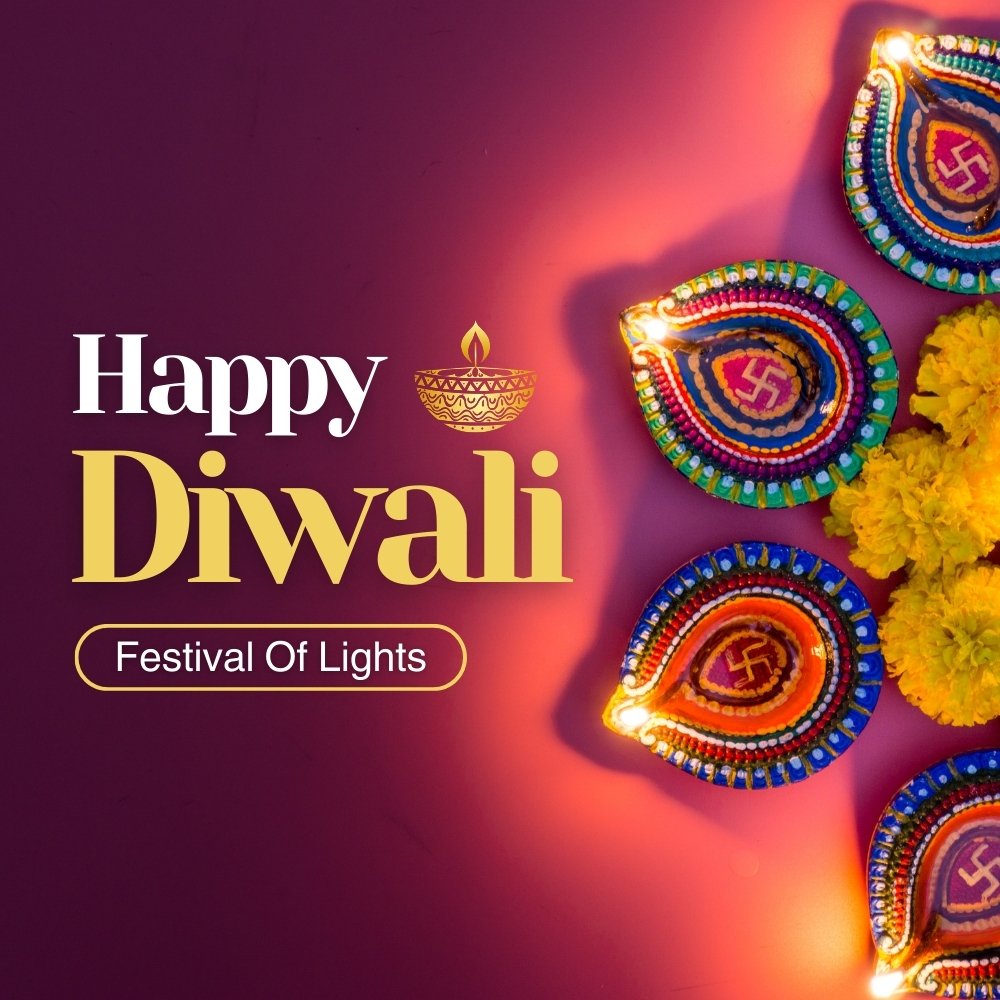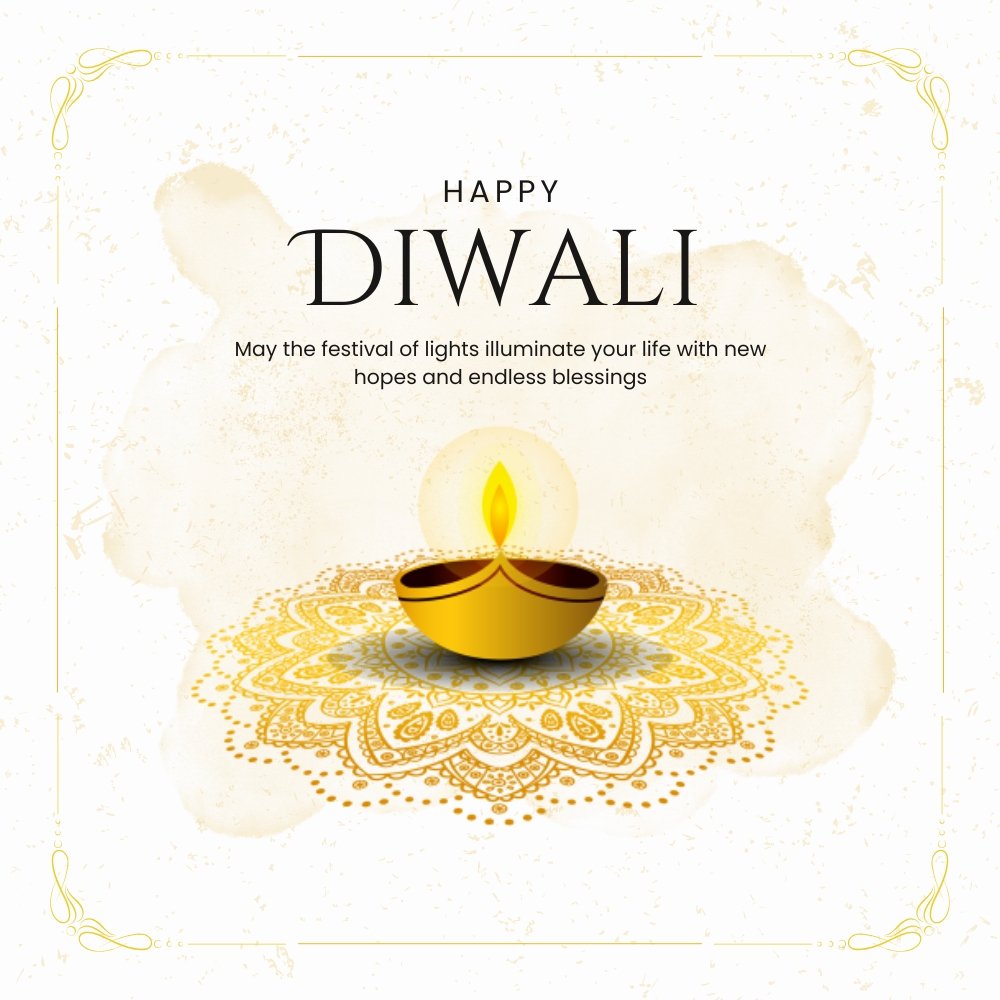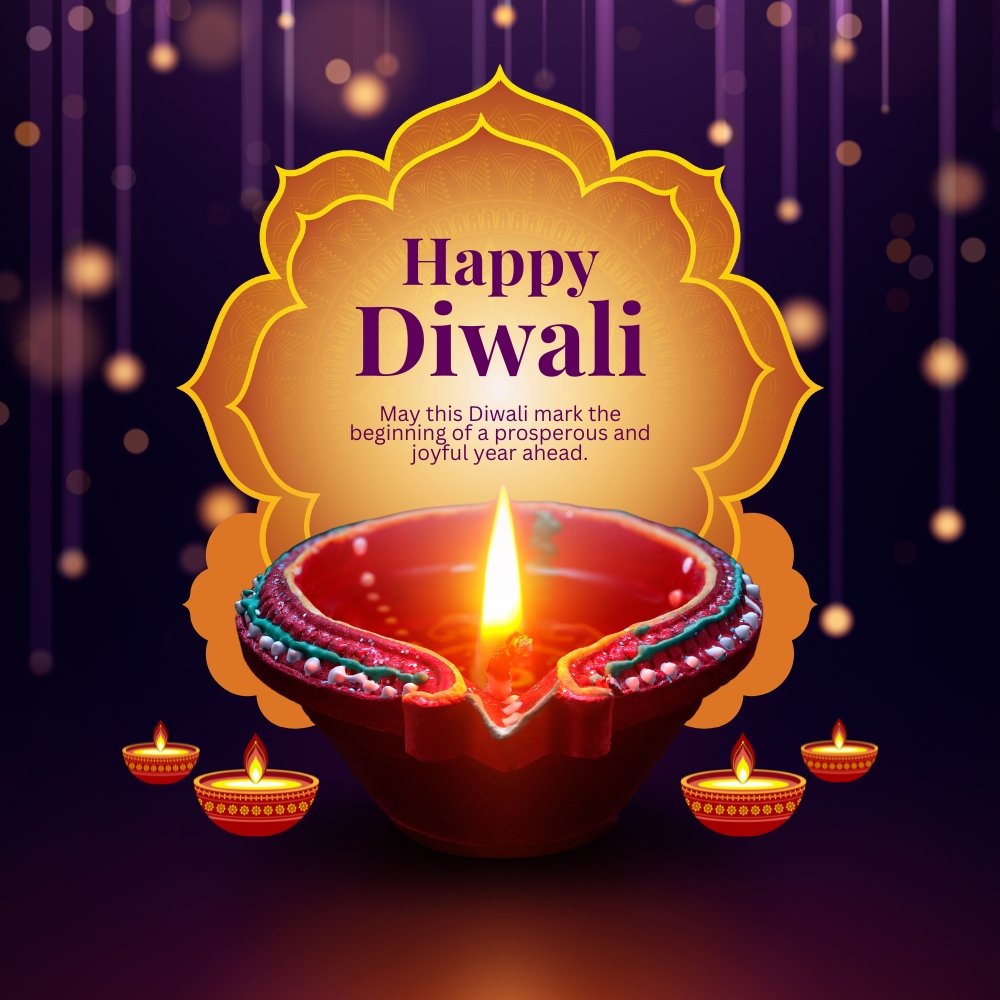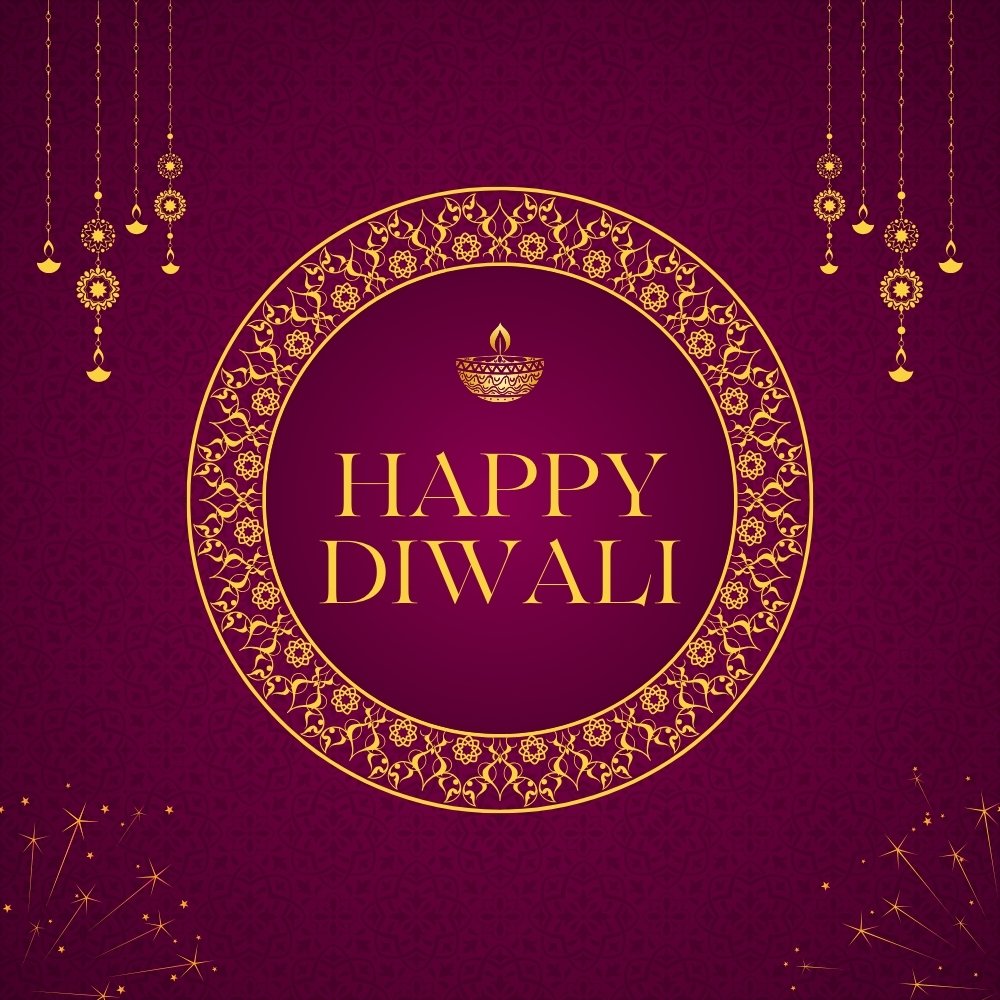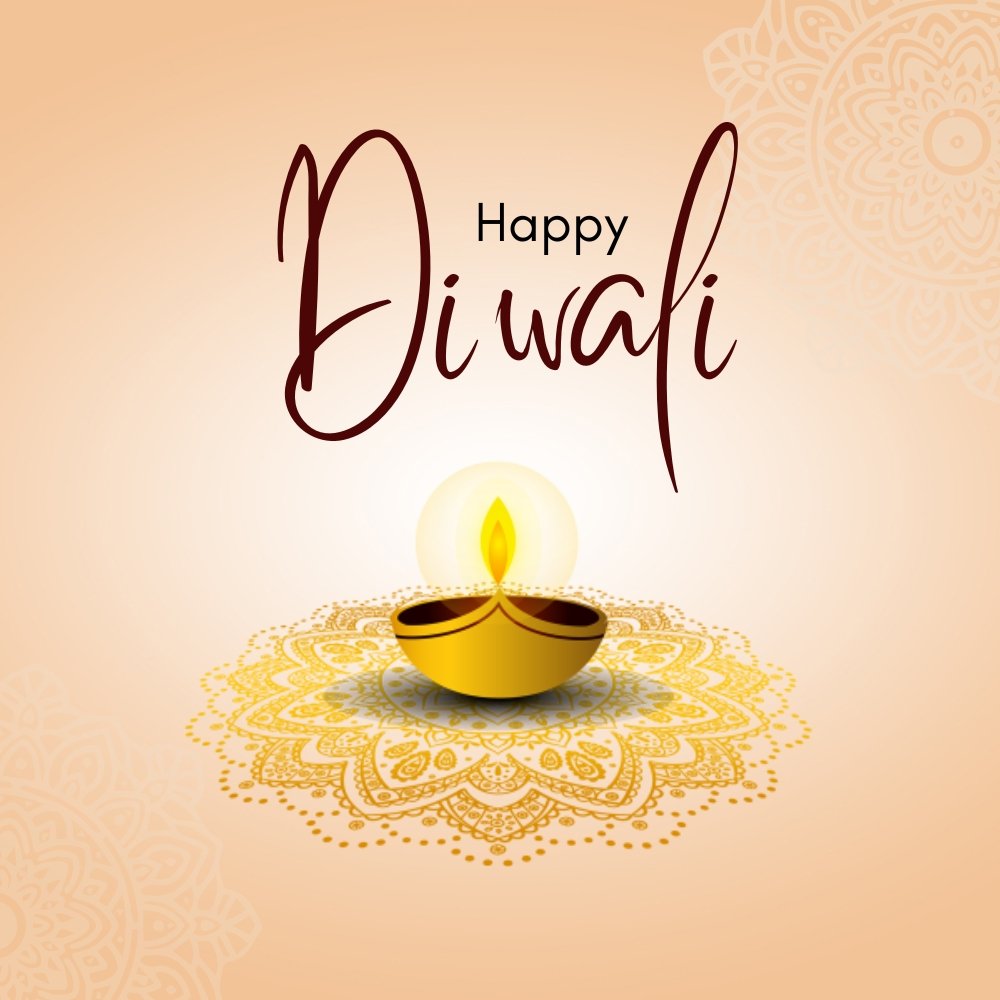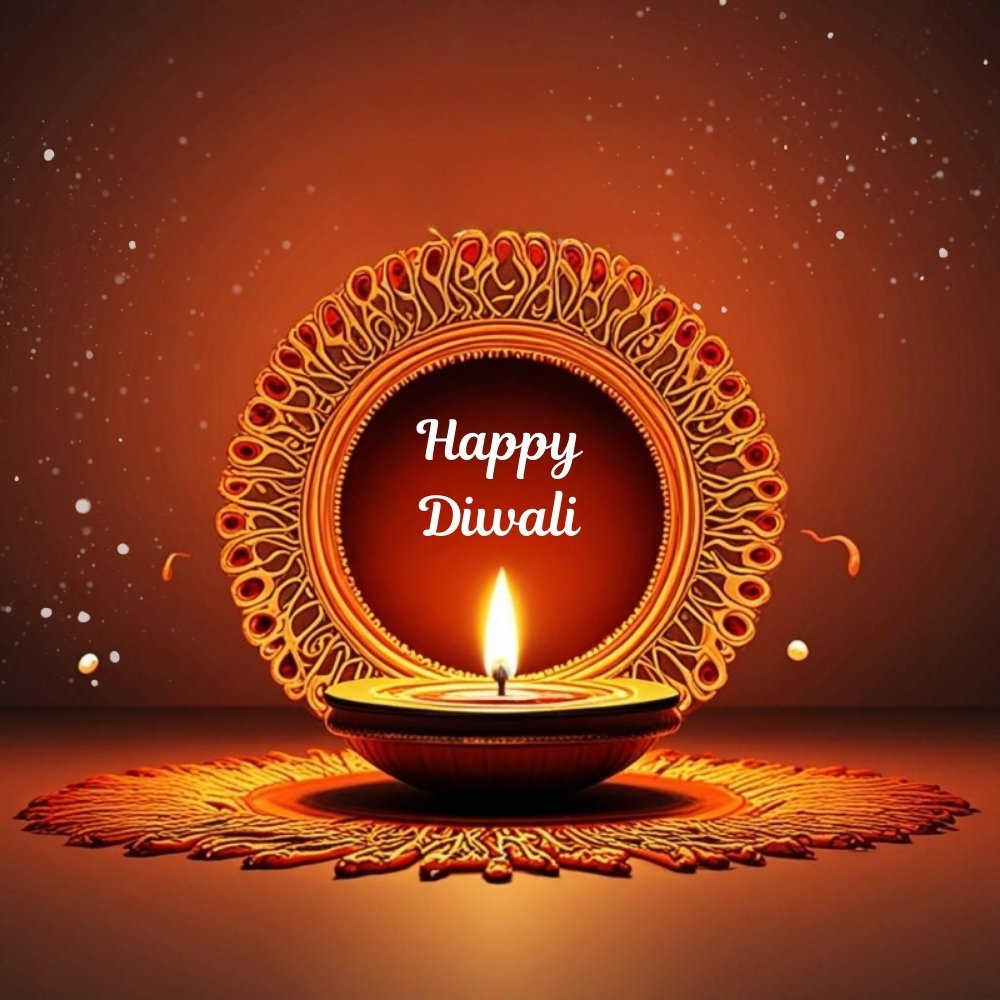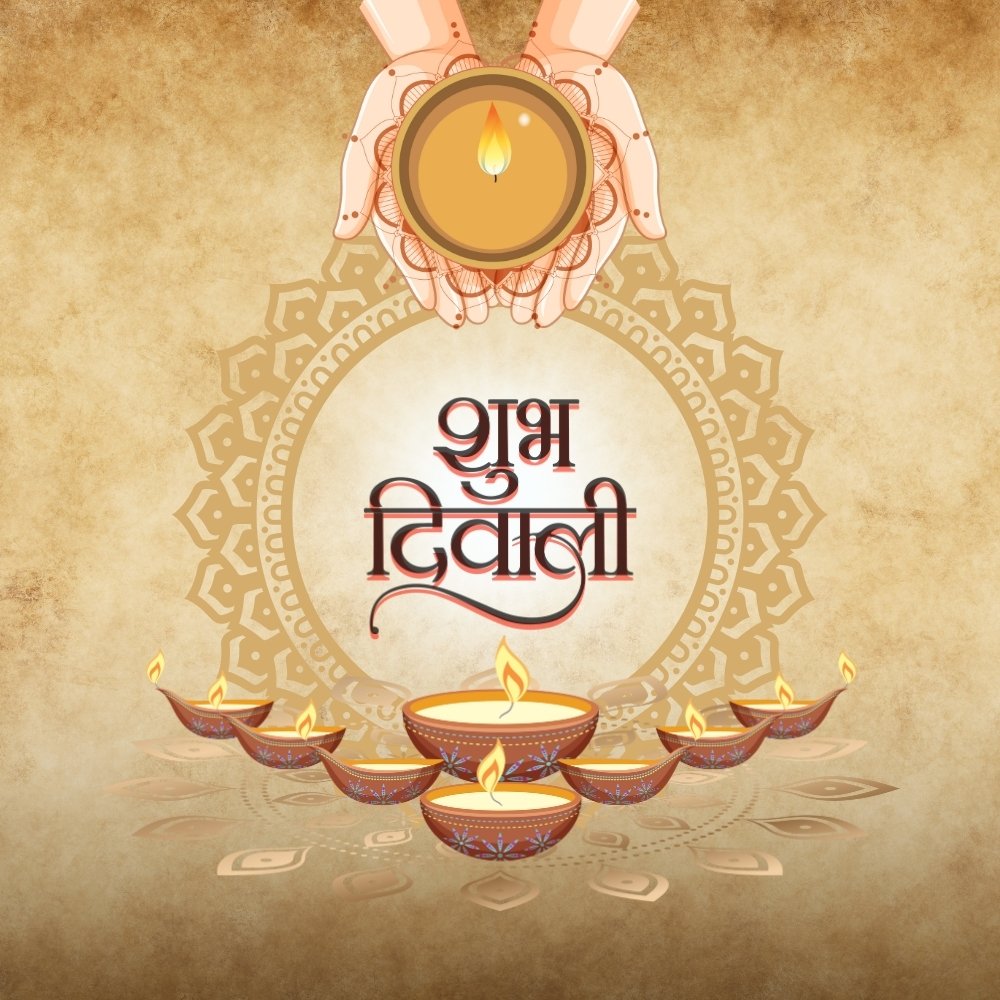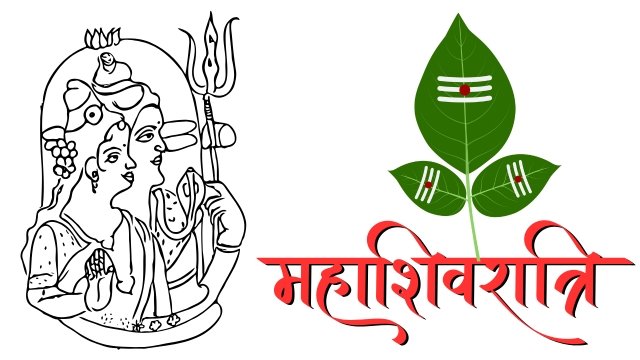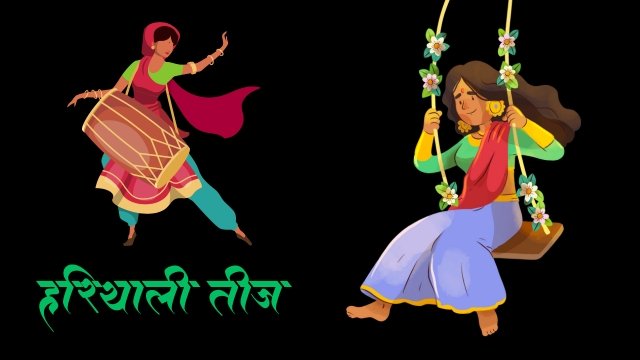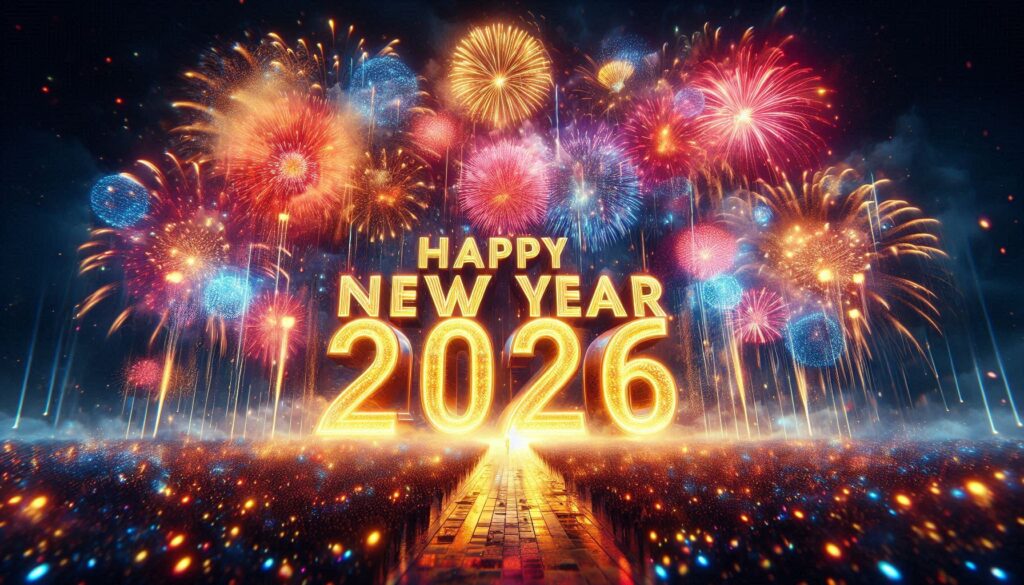Friends, today’s post is going to be very special, I am your friend Vikas Yadav. So welcome to our website https://mixingimages.us/. So today we are going to share with you – Happy Diwali Images, Diwali Images, Happy Diwali Images Download, Happy Diwali Images HD, Diwali Images HD, Diwali Kab Hai.
Happy Diwali Images
Diwali Kab Hai
Diwali, also known as Deepavali, is one of the most celebrated festivals in India and among Indian communities worldwide. In 2025, Diwali will be observed on 20 October And Monday. The exact date of Diwali varies each year based on the Hindu lunar calendar, typically falling in either October or November. This festival symbolizes the victory of light over darkness, good over evil, and knowledge over ignorance. It’s a time for joy, spirituality, and the renewal of familial and social bonds. Here’s a deeper look into the history, significance, and customs associated with Diwali.
The Origins of Diwali
Diwali has roots in ancient Hindu mythology and is celebrated for various reasons across different regions in India. The primary story linked to Diwali is from the Hindu epic, the Ramayana, where Lord Rama returns to Ayodhya with his wife Sita and brother Lakshmana after defeating the demon king Ravana. His return is marked by the lighting of oil lamps by the people of Ayodhya to welcome him back, symbolizing the return of light and prosperity.
Another legend links Diwali to Lord Krishna’s victory over the demon Narakasura, which is especially celebrated in South India. For some communities, Diwali is also associated with Goddess Lakshmi, the goddess of wealth and prosperity, who is worshipped with great reverence. Businesses and households perform pujas and ceremonies to invite Lakshmi’s blessings for a prosperous year ahead.
The Significance of Diwali
Diwali’s spiritual essence lies in its message of light overcoming darkness. The lamps, or “diyas,” lit on Diwali night signify the victory of light over darkness and serve as a reminder of the inner light that protects from spiritual darkness. Diwali is also a time for self-reflection, for purifying the heart and mind, and for making a fresh start in life.
For many Indian communities, Diwali marks the beginning of the new financial year. Business owners and shopkeepers worship their ledgers and cash boxes as a sign of gratitude for the past year’s blessings and hope for prosperity in the coming year.
The Five Days of Diwali
Diwali is celebrated over five days, each with its unique customs and traditions:
- Dhanteras: The festival starts with Dhanteras, a day dedicated to Lord Dhanvantari, the god of medicine. People clean their homes, purchase gold, silver, or new kitchenware, and decorate their spaces with rangoli and diyas to welcome good fortune.
- Naraka Chaturdashi: Also known as Choti Diwali, this day commemorates the victory of Lord Krishna over Narakasura. Many people take a ceremonial oil bath to rid themselves of sins and impurities and light diyas to ward off evil.
- Diwali Day: The third day, the main day of Diwali, is when homes are lit up with diyas, and people worship Goddess Lakshmi. Families come together for prayers, exchange sweets, and enjoy fireworks. Homes are beautifully decorated with flowers, rangolis, and lights to welcome positive energy.
- Govardhan Puja: The day after Diwali, known as Govardhan Puja, marks Lord Krishna’s protection of the people of Gokul from a severe storm. In many parts of North India, people prepare and offer a variety of dishes to honor this day.
- Bhai Dooj: The festival ends with Bhai Dooj, a day celebrating the bond between brothers and sisters. Sisters perform a ritual for their brothers, praying for their health and well-being, and brothers give gifts to show their love and appreciation.
Traditional Diwali Customs and Celebrations
Diwali is synonymous with vibrant decorations, especially rangoli designs made from colored powders, flowers, and rice. Rangoli art, drawn at the entrance of homes, serves as a welcoming sign for prosperity and positivity.
Exchanging sweets and gifts is also a central part of the festival. Diwali sweets like laddoos, barfis, jalebis, and gulab jamun are prepared or bought and shared among family and friends. This tradition of exchanging sweets is meant to strengthen relationships and convey warm wishes.
Fireworks have also become a part of Diwali celebrations, symbolizing the joy and excitement of the occasion. However, in recent years, there’s been a growing awareness of environmental concerns related to fireworks, leading many to celebrate in more eco-friendly ways.
The Significance Of Rangoli And Diwali Lights
Rangoli is one of the most cherished Diwali traditions. It’s believed that rangoli designs attract Lakshmi, the goddess of wealth, into the household, bringing good luck and prosperity. The lamps, or diyas, placed throughout the home represent the light of knowledge and wisdom, dispelling ignorance and darkness.
In addition to diyas, many homes use electric lights and lanterns to brighten their spaces. The tradition of lighting lamps and decorating homes not only adds beauty to the festival but also serves as a reminder of the deeper spiritual meaning behind Diwali.
The Global Celebration of Diwali
Diwali isn’t only celebrated in India; it’s observed by Indian communities worldwide, including in countries like Nepal, Sri Lanka, Malaysia, Singapore, and Fiji, and by Hindu, Jain, Sikh, and some Buddhist communities. The holiday is also gaining recognition in Western countries where Indian communities celebrate and share the traditions of Diwali with others. Many cities in the United States, United Kingdom, and Canada hold public celebrations, lighting landmarks and organizing cultural events that showcase the beauty of Indian culture.
The Essence of Diwali: Unity and Togetherness
Diwali is more than a festival; it’s a time for unity and community. People come together to celebrate, leaving behind past grievances and creating new memories with loved ones. In this way, Diwali promotes peace, harmony, and goodwill. The holiday reminds us of the importance of kindness, compassion, and gratitude—values that transcend religion and cultural boundaries.
As the lights of Diwali glow on 20 October Monday, millions will gather to share in the spirit of hope and renewal that this festival brings. From the flickering diyas to the resounding joy of fireworks, Diwali offers a beautiful opportunity to celebrate the joys of life and embrace a brighter tomorrow.
Final Word
Friends, if you liked today’s post, then like our post and share it with all your friends. And if there is any gap left, please let us know by commenting. If you have any suggestions, you can give them to also. And you can share our post on your social handles. Thanks.

